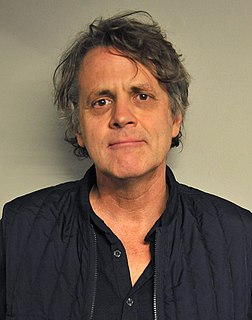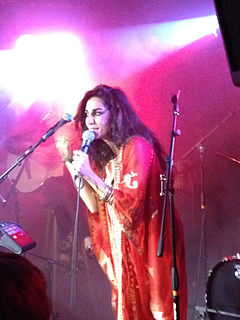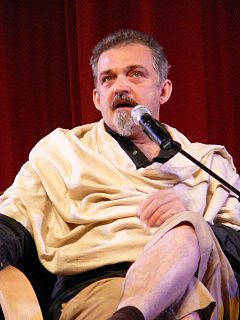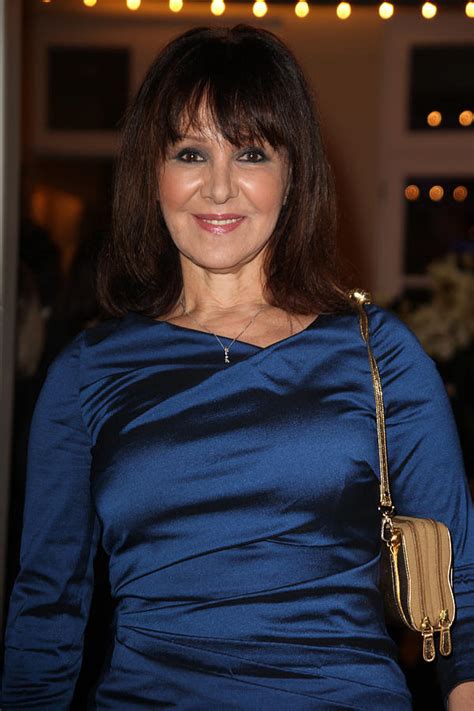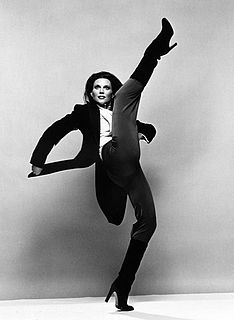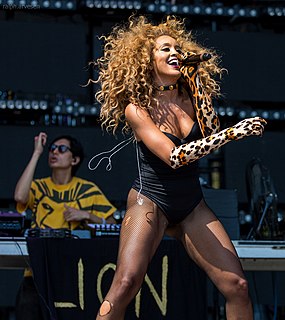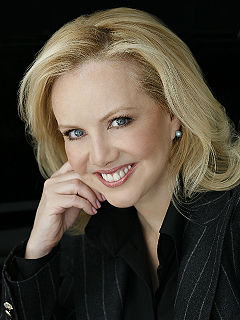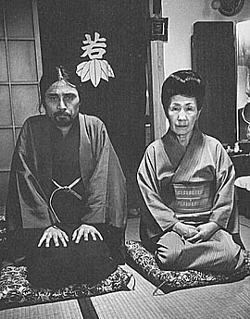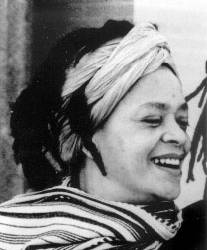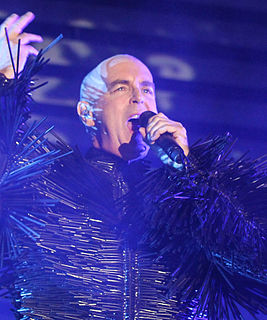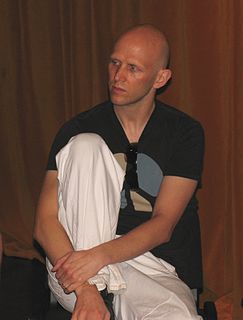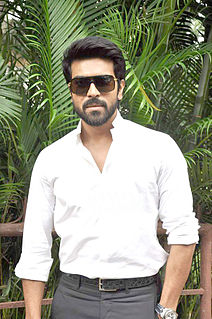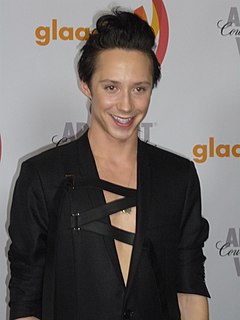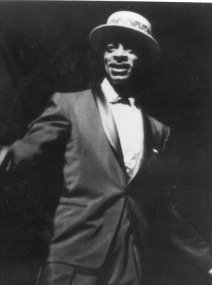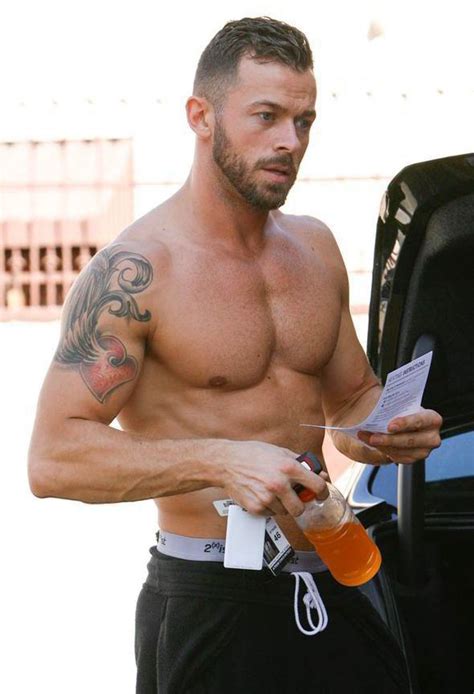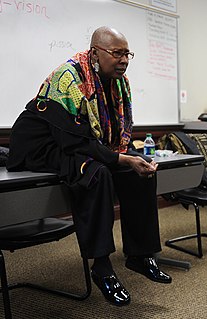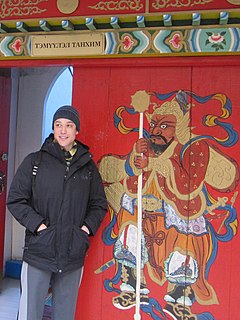Top 47 Choreographers Quotes & Sayings
Explore popular Choreographers quotes.
Last updated on November 24, 2024.
We learnt a lot because we got in with real choreographers who tell you what they need from a song, because a song has to advance the story. Then real directors like Mike Nichols tell you where you can have 'B themes' and 'C themes', and we go oh yes, B themes and C themes! So we were taught in the finest school amongst the finest people. And also by the school of experience.
Michael Bennett, Tommy Tune and Agnes de Mille fought to be director-choreographers. They were just not going to do it any other way because the choreographer is so often at the bottom of the creative totem pole when you put a show together. So with that power you get a more direct point-of-view and that helps something called style.
For most of human history, we could only watch, like bystanders, the beautiful dance of Nature. But today, we are on the cusp of an epoch-making transition, from being passive observers of Nature to being active choreographers of Nature. The Age of Discovery in science is coming to a close, opening up an Age of Mastery.
Back in the Bruce Lee era, and in my era, Kung-Fu stirred up a kind of frenzy, and many people were learning martial arts from us. But about a decade ago, Hollywood began bringing in a number of our action choreographers, including two from my own stunt crew, where they became martial arts directors. Now, a decade later, Hollywood has learned it all, so when you look at the action films they're making now, they all use our action, our martial arts, and then add to that their own technology which is ten times better than ours, and it has to leave us dumbfounded: how did they film that?
You had to give, uh, a lot of consideration to the fact that, uh, the artist had to come back into the mike area and start singing, especially the background singers, you know. And you had to make sure they had a couple of bars of music in order to catch their breath. And uh, in many cases a lot of choreographers didn't give that, uh, the proper thought.
The way Alvin Ailey has transformed modern dance and dance in general is the fact of variety. It's a cornucopia of ways to move. There are choreographers in the company as - as diverse, as different from each other as Donald McKayle and Bill T. Jones, or Jawole Zollar and John Butler, Lar Lubovitch, you know, and Judith Jamison.
I don't understand choreographers who say they don't care about the audience or that they would be happy to present their works non-publicly. I think dance is a form of communication and the goal is to dialogue with the audience. If an audience member tells me they cried or that the dance moved them to think about their own journey or a family member's, then the work is successful.


